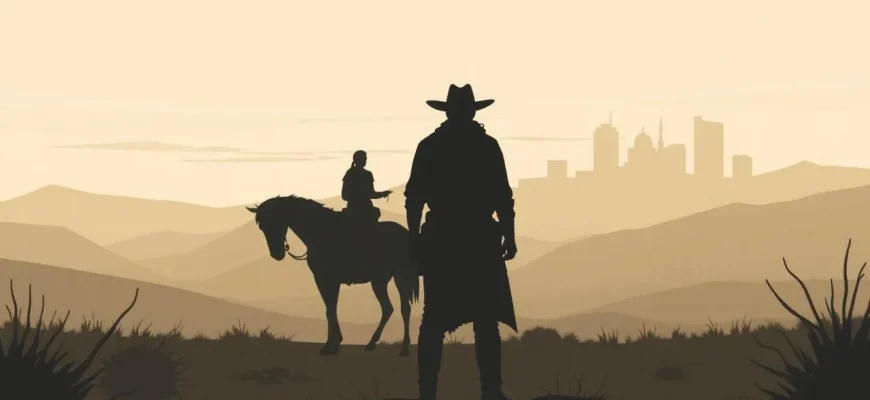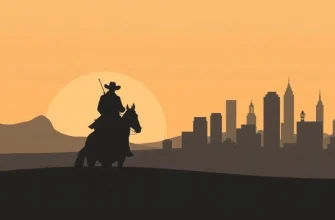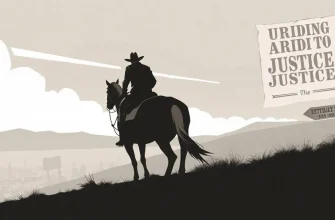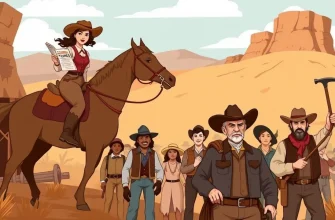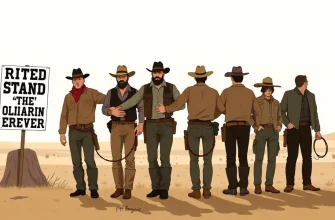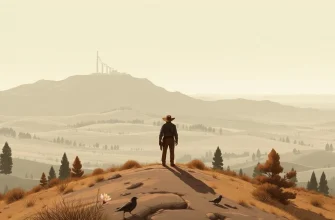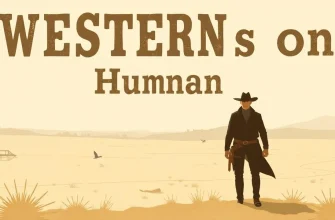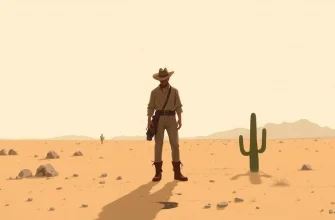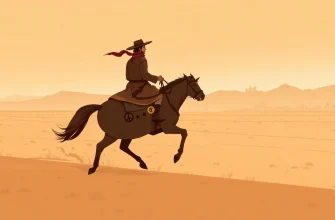The Western genre has often been associated with tales of rugged individualism, lawlessness, and the American frontier. However, some films have used this setting to explore deeper themes, including the fight for civil rights. This curated list of 10 Western films delves into the complex interplay between justice, equality, and the struggle for civil rights, offering a unique perspective on American history and its ongoing quest for justice. Each film in this collection not only entertains but also educates, shedding light on the often overlooked narratives of civil rights within the Western landscape.

The Ox-Bow Incident (1943)
Description: A powerful tale of mob justice and the miscarriage of justice, this film explores themes of due process and the presumption of innocence, key elements of civil rights.
Fact: The film was one of the first to address the issue of vigilante justice in the context of Westerns.
 Watch Now
Watch Now 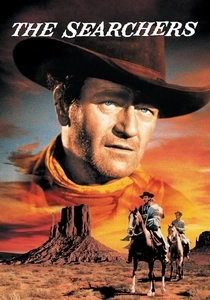
The Searchers (1956)
Description: While not directly about civil rights, this John Ford classic delves into racial prejudice and the treatment of Native Americans, reflecting on the broader issues of civil rights.
Fact: The film has been praised for its complex portrayal of racism, which was rare for its time.
 Watch Now
Watch Now 
The Man Who Shot Liberty Valance (1962)
Description: This film explores the transition from lawlessness to civilization, touching on themes of justice, equality, and the myth of the West, which can be seen as a metaphor for civil rights.
Fact: The film's famous line, "When the legend becomes fact, print the legend," speaks to the manipulation of truth, a theme relevant to civil rights narratives.
 Watch Now
Watch Now 
The Great Silence (1968)
Description: An Italian Western that critiques the vigilante justice system, reflecting on the broader implications for civil rights and the rule of law.
Fact: The film was originally released with an ending that was considered too bleak, leading to a more optimistic alternate ending in some markets.
 Watch Now
Watch Now 
The Legend of Nigger Charley (1972)
Description: This Blaxploitation Western follows a freed slave's journey to freedom, highlighting the struggle for civil rights and personal liberation.
Fact: The film was part of a trilogy that aimed to portray African American characters as heroes in the Western genre.
 Watch Now
Watch Now 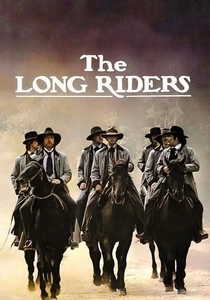
The Long Riders (1980)
Description: This film about the James-Younger Gang touches on themes of loyalty, brotherhood, and the fight against oppressive systems, paralleling civil rights struggles.
Fact: The film cast real-life brothers to play the James and Younger brothers, adding authenticity to the portrayal of family dynamics.
 Watch Now
Watch Now 
The Ballad of Little Jo (1993)
Description: This film tells the story of Josephine Monaghan, who disguises herself as a man to survive in the harsh West, highlighting gender roles and the fight for personal freedom.
Fact: The film was inspired by the real-life story of Josephine Monaghan, who lived as a man in the 19th century.
 Watch Now
Watch Now 
Posse (1993)
Description: A modern Western that directly addresses racial injustice, following an African American posse's quest for justice in the Old West.
Fact: The film was directed by and starred Mario Van Peebles, who aimed to bring a different perspective to the Western genre.
 Watch Now
Watch Now The Tracker (2002)
Description: Set in the Australian Outback, this film uses the Western genre to explore themes of racial discrimination and the quest for justice.
Fact: The film's narrative structure is unique, with the story unfolding through song and narration.
 Watch Now
Watch Now 
Django Unchained (2012)
Description: Quentin Tarantino's homage to spaghetti Westerns also serves as a powerful statement on slavery, freedom, and the fight for civil rights.
Fact: The film's title character was inspired by the 1966 Italian film "Django," but Tarantino's version adds a significant civil rights narrative.
 Watch Now
Watch Now 
